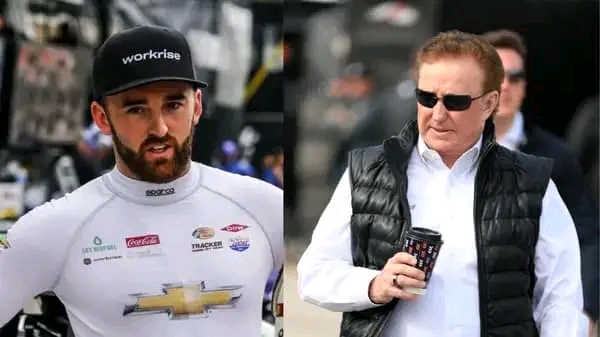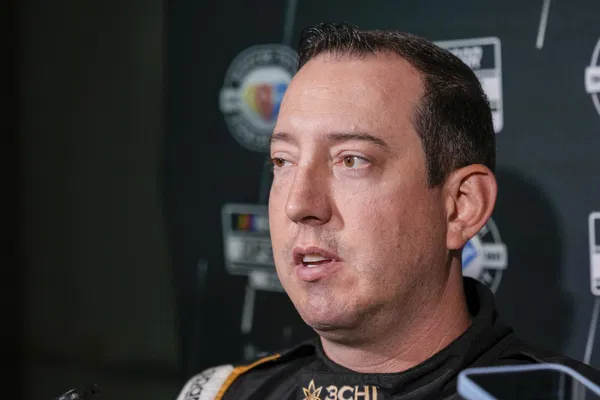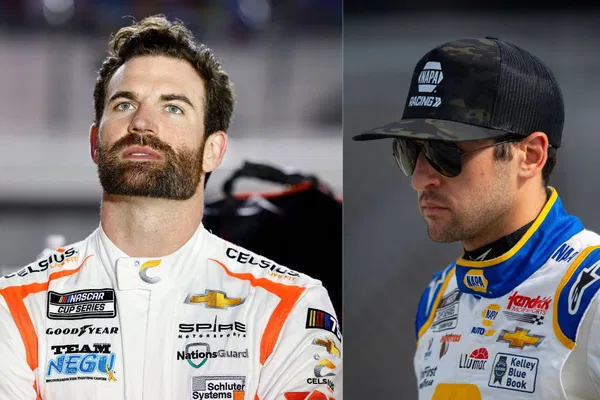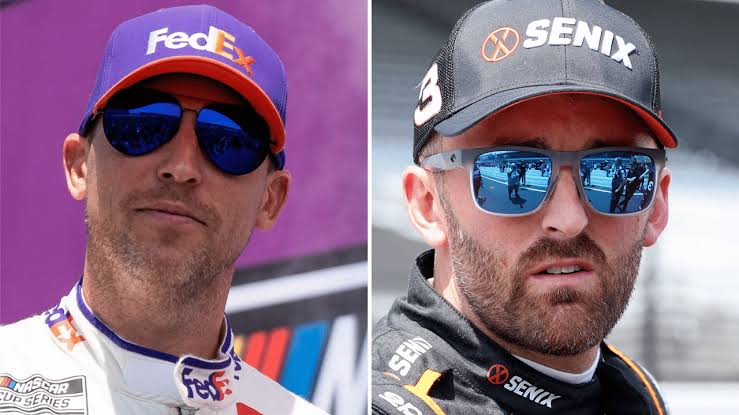Richard Childress, a stalwart in the NASCAR community with 55 years of experience, has voiced his profound disappointment regarding NASCAR’s recent ruling, which stripped Austin Dillon of his playoff spot. Childress, who leads Richard Childress Racing (RCR), believes this decision, along with the subsequent appeals, will leave a lasting impact on the sport. He emphasized that the financial repercussions for RCR are substantial, considering the lost revenue from Dillon missing the playoffs, which he claims amounts to over a million dollars, making it the largest fine in NASCAR history.
Speaking on Saturday before the Cup practice at Darlington Raceway, Childress remarked that NASCAR’s ruling has forever altered the nature of racing, particularly on the final lap. “It’s over a million dollars to us. The largest fine ever in NASCAR. I’m just disappointed, disappointed, disappointed. That’s all I can say,” he expressed, highlighting the gravity of the situation for his team.
The controversy began when RCR appealed NASCAR’s decision related to Dillon’s August 11 victory at Richmond. During the race, Dillon made contact with Joey Logano and Denny Hamlin in the final turns, which secured his win. Typically, a victory guarantees a driver a spot in the 16-driver playoff field, provided there aren’t more than 16 winners throughout the season. However, NASCAR revoked Dillon’s spot, citing that a win must be free of any violations or actions detrimental to the sport.
Despite RCR’s efforts to overturn the ruling, the initial appeal was denied by a three-member NASCAR-appointed appeals board on August 20. The final appeal officer upheld this decision on August 25. According to the NASCAR rulebook, the organization has the “sole discretion” to determine what constitutes actions detrimental to the sport and rule violations. Additionally, NASCAR has a general rule that permits penalties for driver contact, which played a role in this case.
NASCAR President Steve Phelps defended the ruling during an appearance on the FOX Sports podcast “Kevin Harvick’s Happy Hour.” Phelps explained that the decision was crucial for maintaining the integrity of the sport. “If we hadn’t penalized it, what we would see over the next 12 weeks would look significantly different,” Phelps said. He emphasized that NASCAR is not a demolition derby, and allowing such actions to go unpunished would have led to chaos in the sport.
Both Logano and Hamlin criticized Dillon’s moves, labeling them as intentional wrecks, while other drivers also voiced their disapproval, stating they wouldn’t have made similar moves. However, Childress argued that the incidents were not severe enough to warrant such a harsh penalty.
“The drivers now think they know where the line is, but they don’t,” Childress stated, pointing out that Dillon’s move was a result of race dynamics, not an intentional attempt to wreck another driver. He questioned what the new standard is for such situations and whether similar actions in the future would lead to similar penalties. “Is that over now? What is the line? And if you’re racing somebody off the corner and they get loose, as Hamlin did, and get into you, does that mean you’re out of the Chase? That’s all I have to say about the ruling. But it has changed racing for a win for sure.”
Childress also touched on the makeup of the NASCAR appeals panel, which consists of three members selected from a pool of about 20 industry professionals, including former drivers and crew chiefs not currently employed by NASCAR. “An appointed appeal group — it’s tough to beat an appointment in anything,” he remarked, hinting at the challenges of winning an appeal under such a system.
Although deeply frustrated, Childress mentioned that he would be cautious in his comments to avoid further repercussions from NASCAR. He also confirmed that RCR would not pursue legal action, despite believing they had a strong case. While the sport generally discourages teams from suing the sanctioning body, Childress hinted that they could have challenged this provision if they had chosen to take legal action.
“If it was a legal case, we had attorneys review both sides, and there was no way we would have lost,” Childress concluded, underscoring his belief that RCR had a valid argument but chose not to escalate the situation further.
This ruling and its aftermath have raised significant questions within the NASCAR community about the future of racing dynamics, especially when it comes to last-lap battles and the fine line between aggressive driving and actions deemed detrimental to the sport. For Richard Childress and his team, the disappointment is palpable, but so is the resolve to move forward, even in the face of such a consequential setback.
Today Richard Childress, A Veteran NASCAR Expressed Deep Disappointment Over NASCAR’s Ruling That Revoked Austin Dillon’s playoff spot, “If it was a legal case, we had an…




